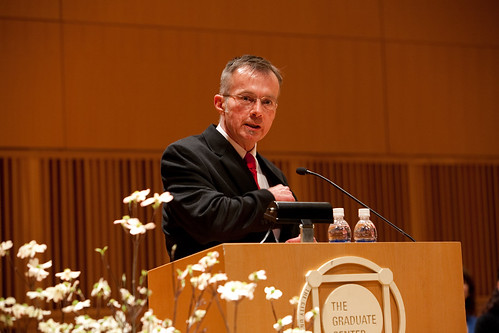 You could have read it here first, but I'm delighted to see that with Michiko Kakutani's glowing review in the New York Times, Patricia Engel has well and truly arrived as an important new literary voice.
You could have read it here first, but I'm delighted to see that with Michiko Kakutani's glowing review in the New York Times, Patricia Engel has well and truly arrived as an important new literary voice.The occasion, of course, is the publication of Patricia's debut, Vida, a book which has more than lived up to my high expectations, and the promise of early pieces such as 'Lucho', 'Dia' and 'Desaliento'. All of these stories feature the same main protagonist, the Colombian-American Sabina; in Vida they are woven into a sequence of linked episodes in her life spanning two decades. The result is a highly satisfying hybrid of novel and short story collection that is particularly successful in portraying a multi-dimensional central character.
Patricia has a way with arresting opening lines, and a seemingly effortless, conversational style of narration that is brilliantly sustained. This creates a rare sense of immediacy and intimacy that is the mark of a gifted storyteller. Take the beginning of the title story:
'She told me her real name was Davida . . . She said she couldn't remember who started calling her Vida but that it happened here in Miami. In Colombia she was never called anything but her given name, but over here Vida stuck, which she said was okay with her because that plane ride over the Caribbean broke her life in two.'
There are a number of interesting pieces on Patricia and her work available to read online (including a mention this week in the New York Daily News!) but the best place to start is her website. I also recommend you take a look at the Q&A she did for The Roving Editor back in April last year.
I don't have as much time as I'd like for literary talent-spotting these days, as my regular job as an editor tends to get in the way. However I'm always interested to hear from and about promising new writers, so do get in touch via the blog or look me up on Twitter. In the meantime, get your hands on Vida here. I'm not sure if there are plans to publish the book on this side of the water, but I'm glad to see the Grove/Atlantic edition is available on UK Amazon also.
When we spoke last spring Patricia told me, 'I write stories for the pure thrill of it.' It's a thrill that will be shared by her many readers, I'm sure.










